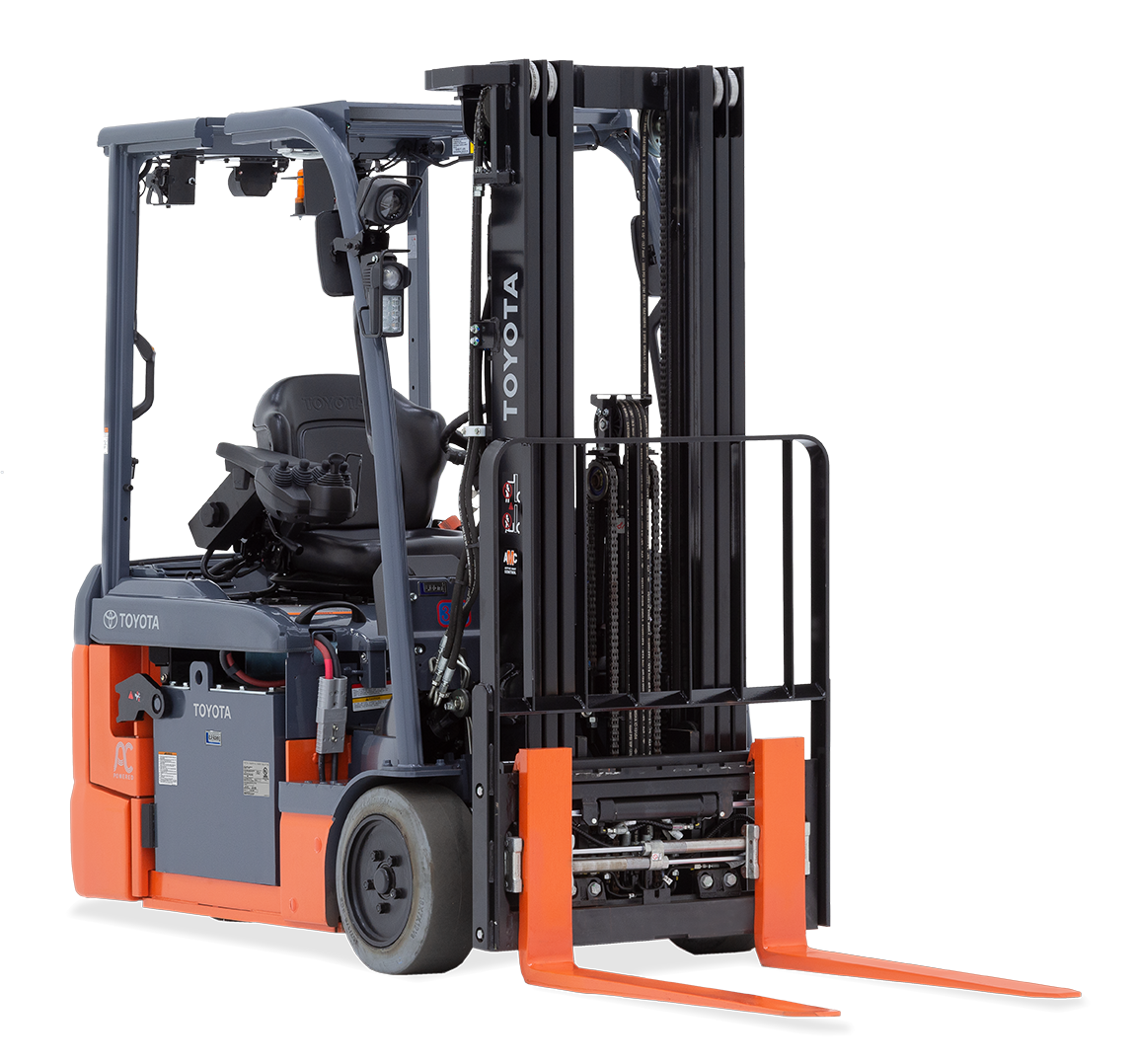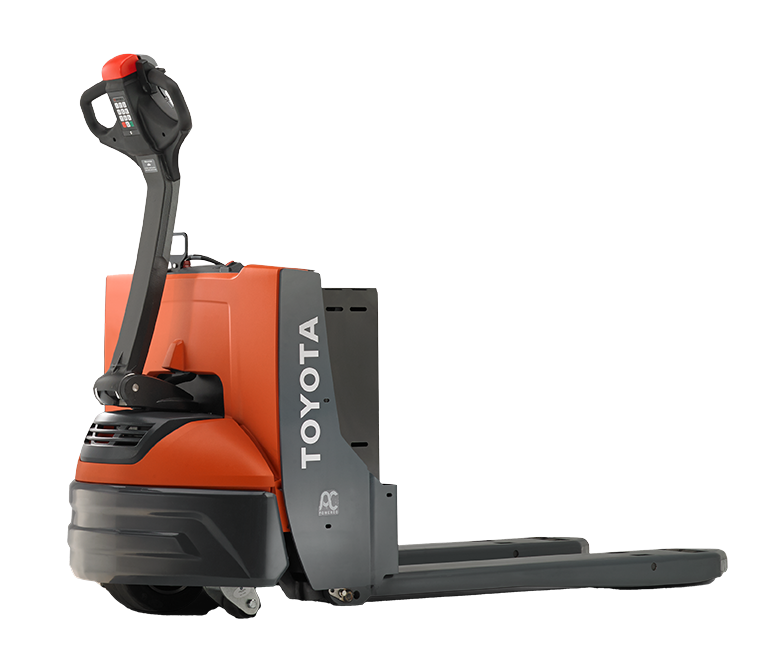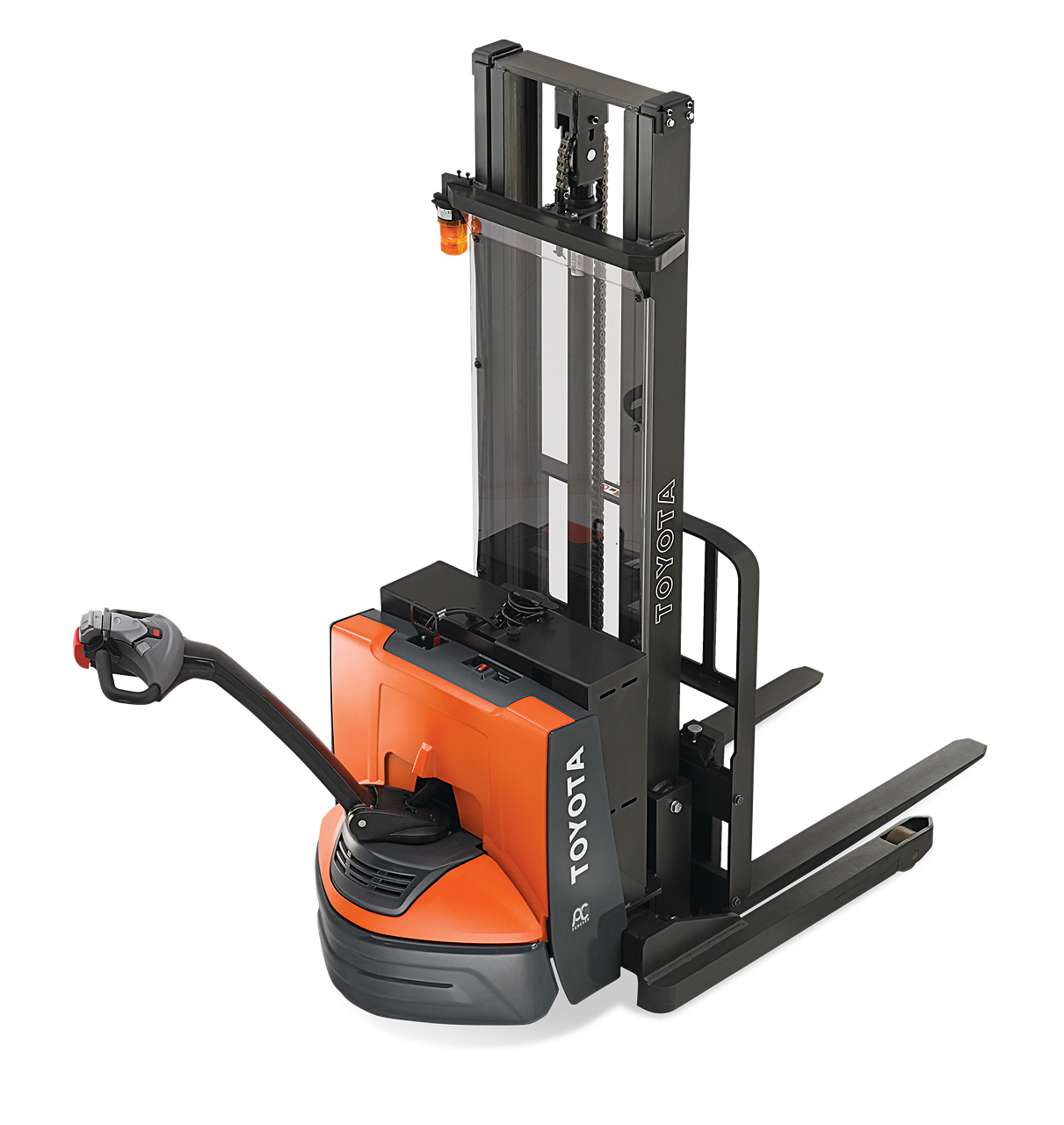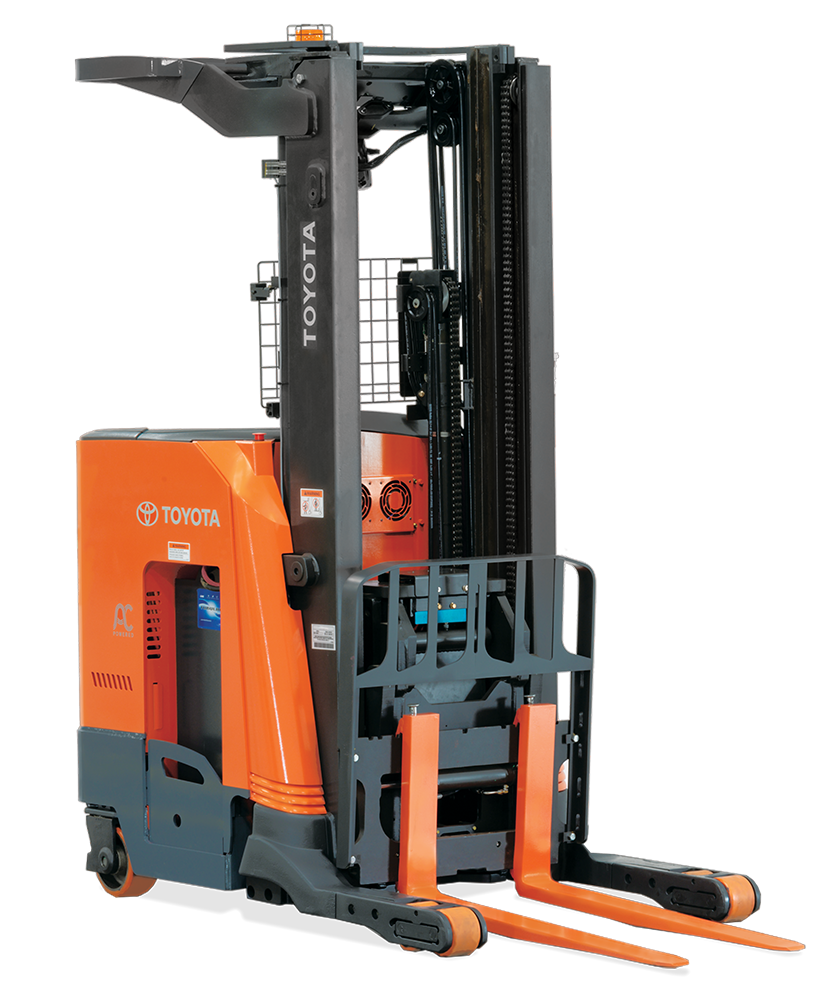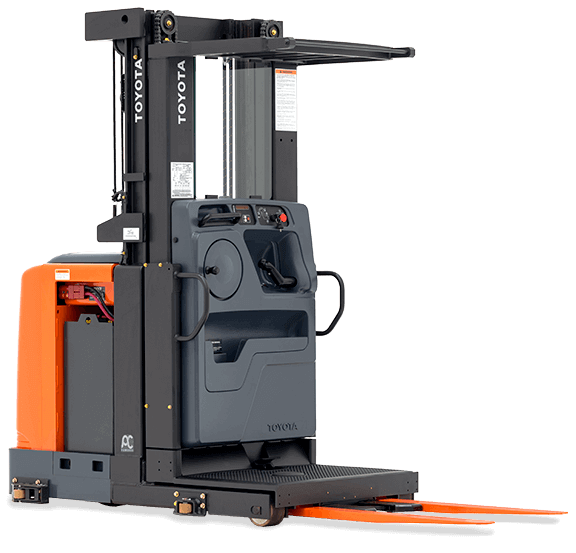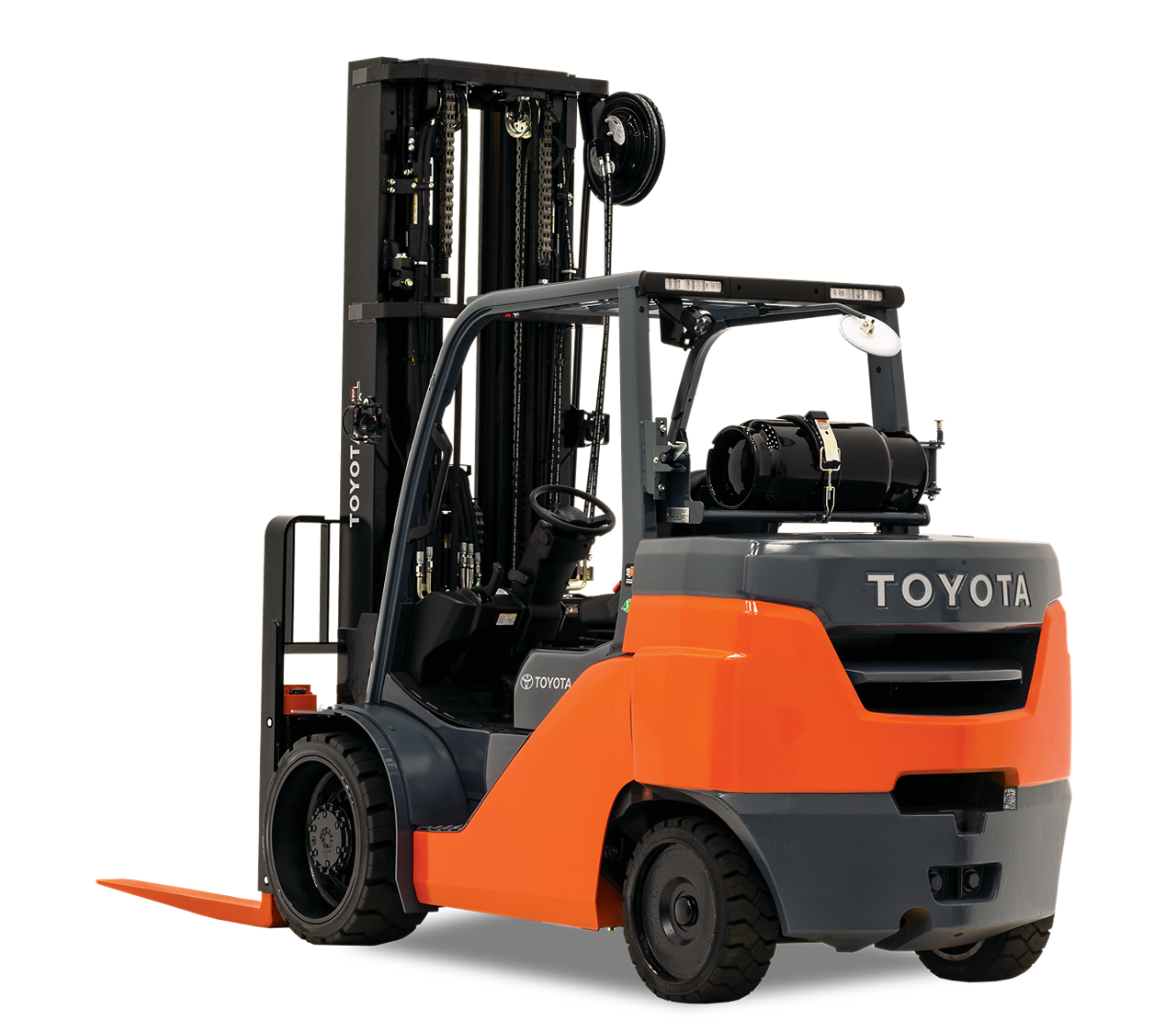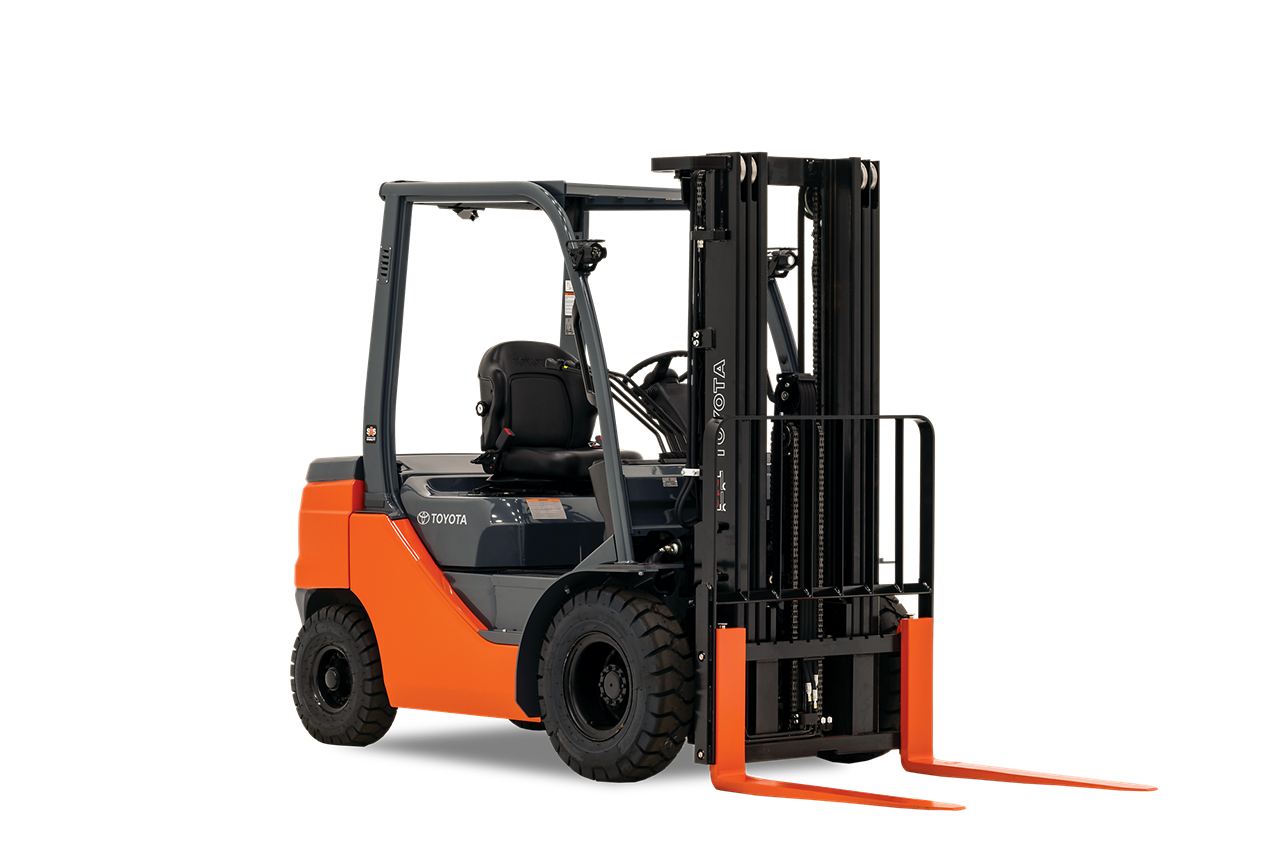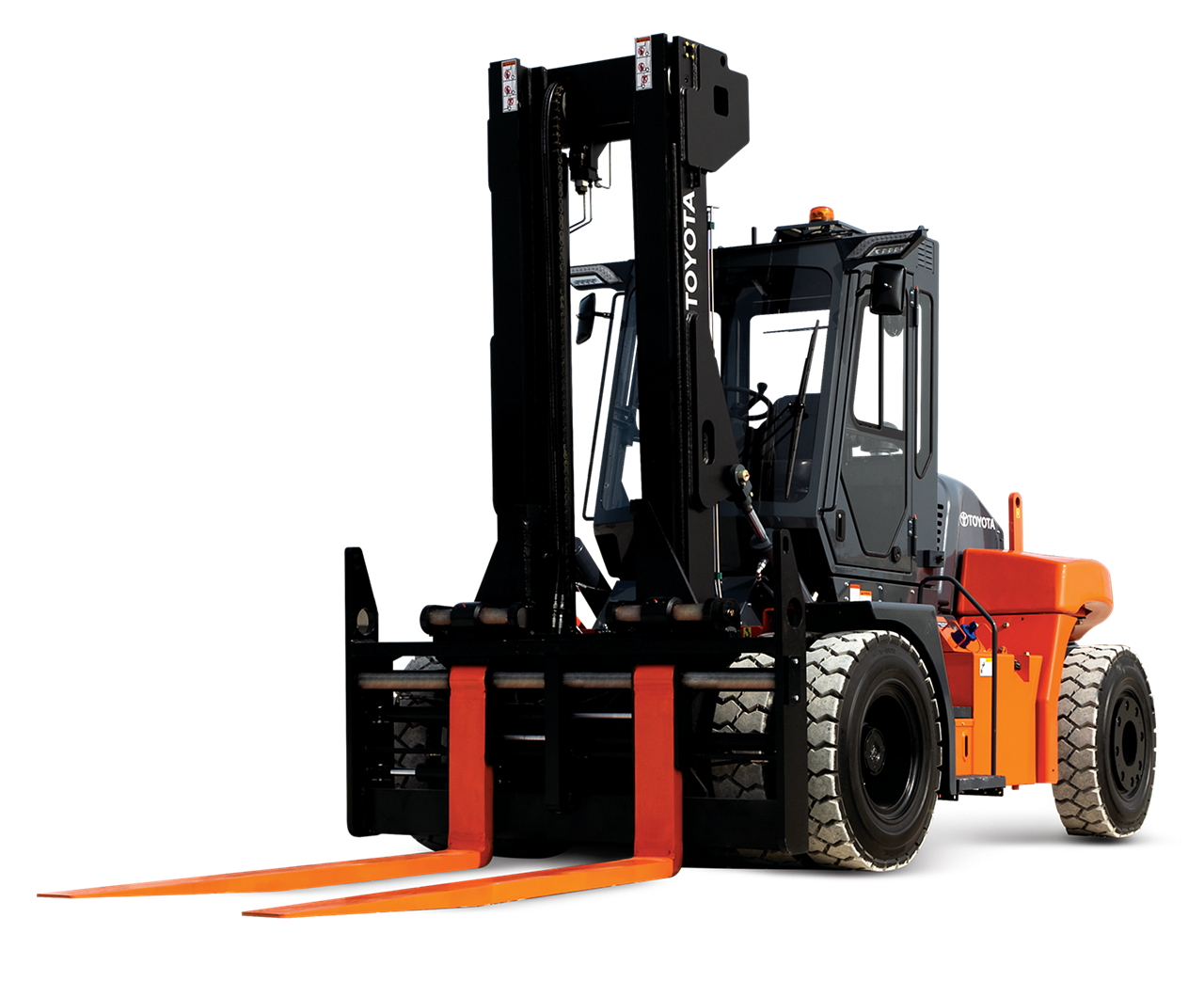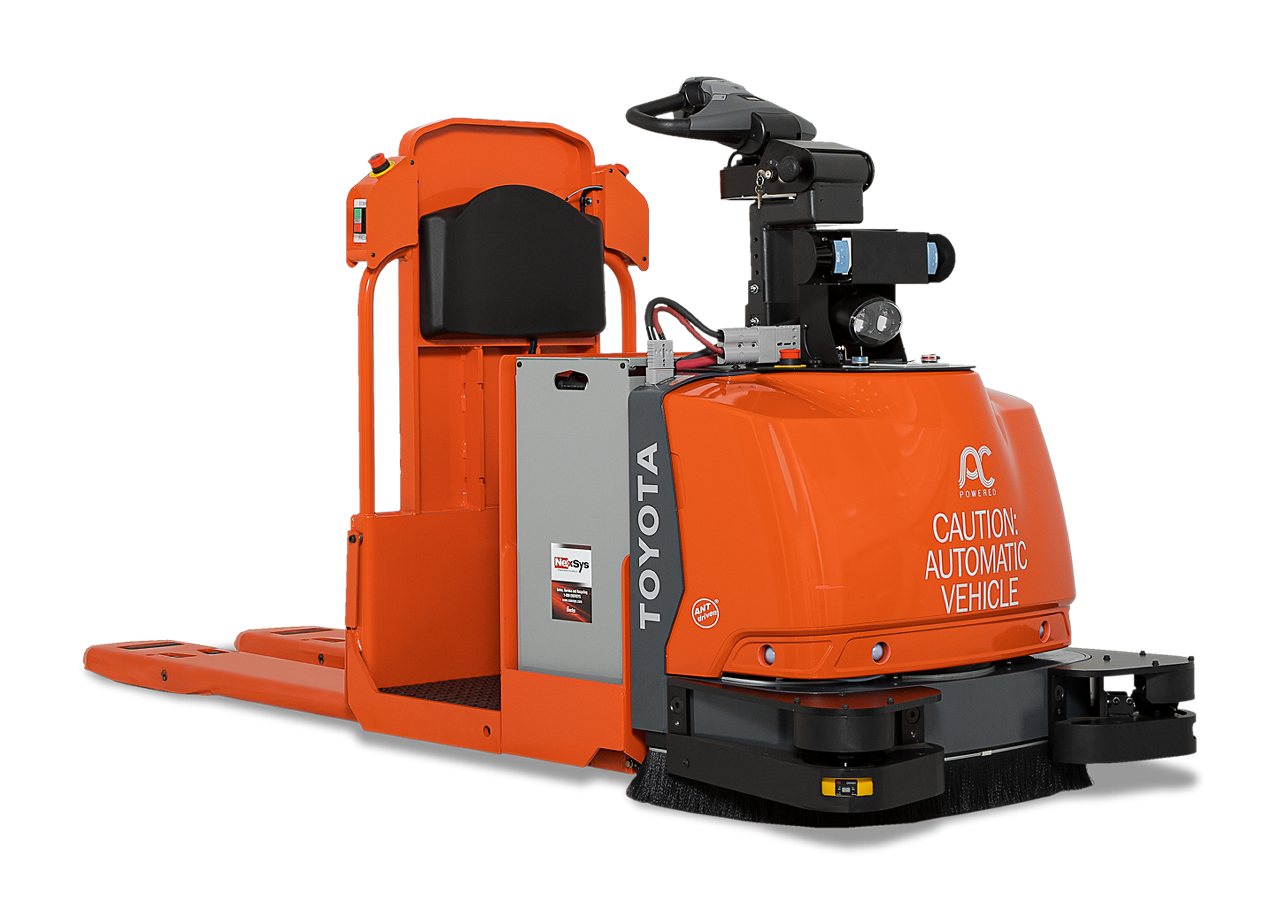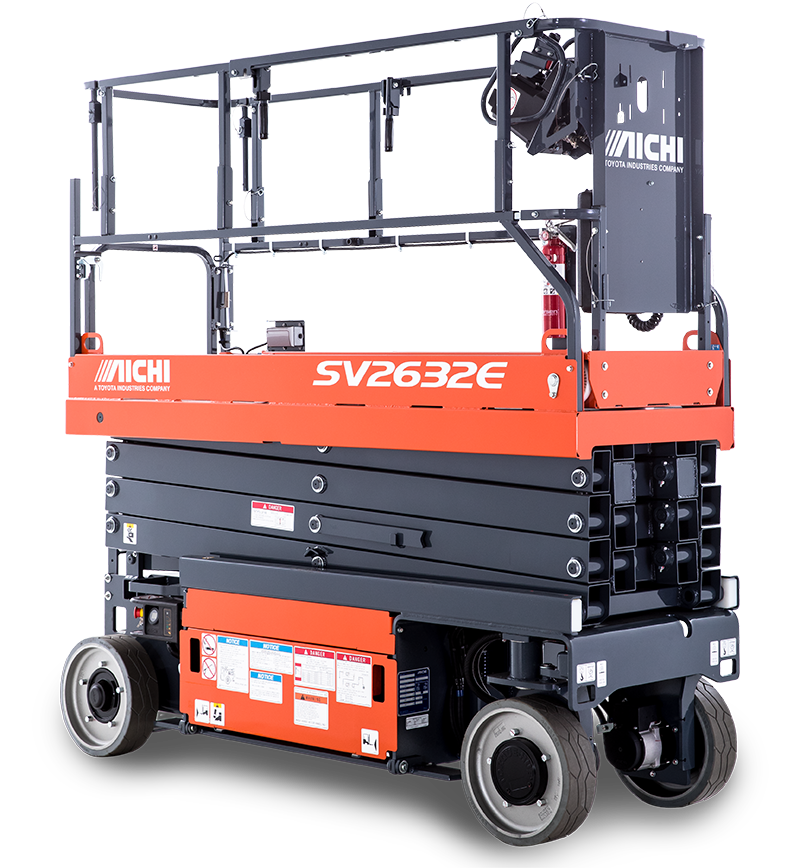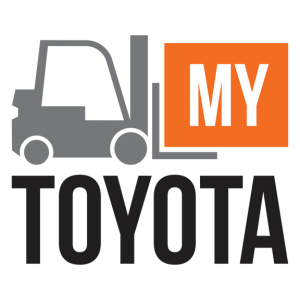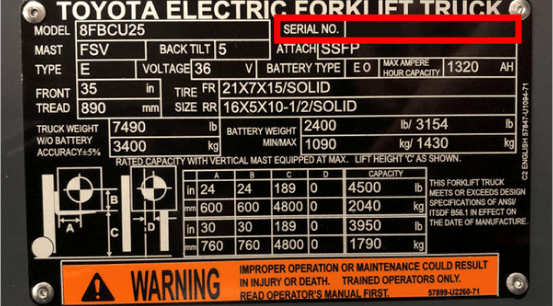The Transition to Lithium-Ion Technology Requires a Culture Change
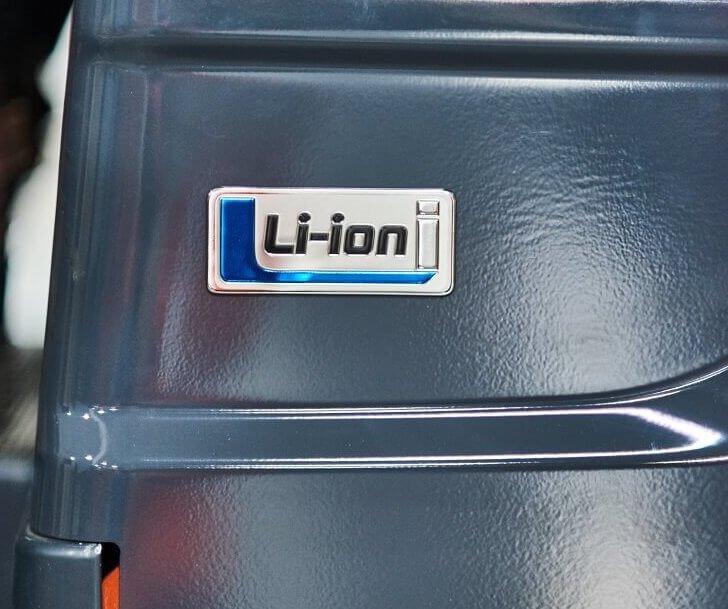
If you have been using lead-acid batteries to power your electric forklifts for years, the decision to transition to new technology – such as lithium-ion – isn’t always simple or seamless.
Considering Lithium-Ion Batteries
So, what is the top deciding factor for customers considering the move from lead acid to lithium-ion batteries?
The up-front cost.
Lithium-ion batteries (LiB) are significantly more expensive than their lead-acid counterparts, so it’s important to consider the total cost of ownership and potential return on investment for your specific application before making the switch.
If you do determine that a transition to LiB makes sense for you after analyzing the total cost of ownership, there are still several things to consider in preparation for the transition. Adopting LiB requires significant training, reconfiguring of facilities, and usually a cultural shift for your operators.
Opportunity Charging Benefits
For example, forklift operators need to be trained on LiB – especially if they are unfamiliar with opportunity charging. With LiB-powered forklifts, operators are asked to plug the batteries into a charger every time the forklift is not in use – even if it’s just for a short break.
It usually takes a full two months to train the operators to plug in the battery every time they’re not using the forklift. Even though a 5-minute break may not seem like much, the battery will recover a significant amount of energy during that break, so it’s beneficial for the next operator using the truck.
Regardless of the battery type, though, opportunity charging is projected to be more and more common in the future – even for lead-acid batteries. While there may be a learning curve for operators, there are undeniable benefits to an opportunity-charging approach.
Opportunity charging offers the ability to decentralize the charging location by having multiple areas used as charging stations – giving you much more flexibility.
Our consultants can help make the transition from lead acid to LiB smoother by conducting a full site survey to evaluate your training needs and to re-imagine your facility layout based on your unique operational needs and concerns.
The bottom line is transitioning to LiB isn’t as simple as switching products – it requires training and a new approach to your current operation. A different technology simply requires a different mindset.
If you’re thinking about making the transition to LiB technology and want to learn more, schedule an appointment with an operations consultant today to learn more and learn what battery solution best suits your unique needs.
